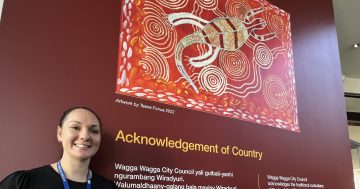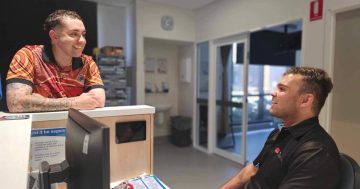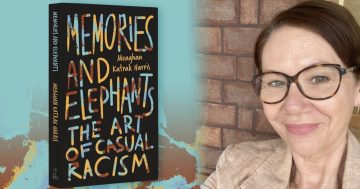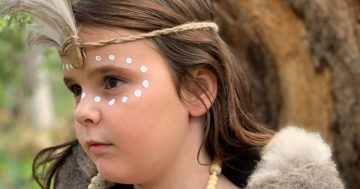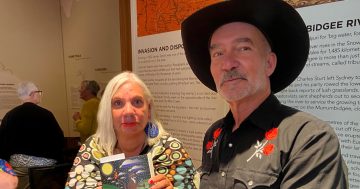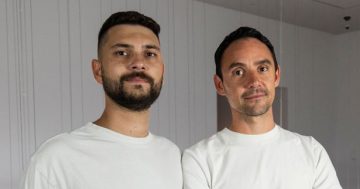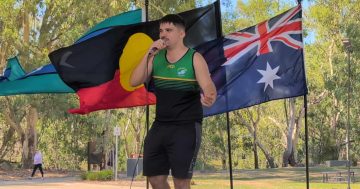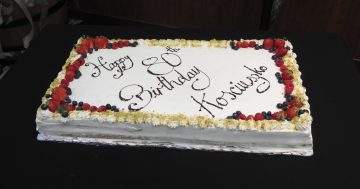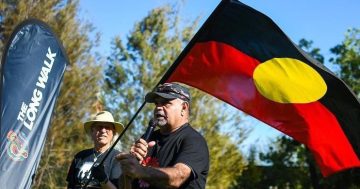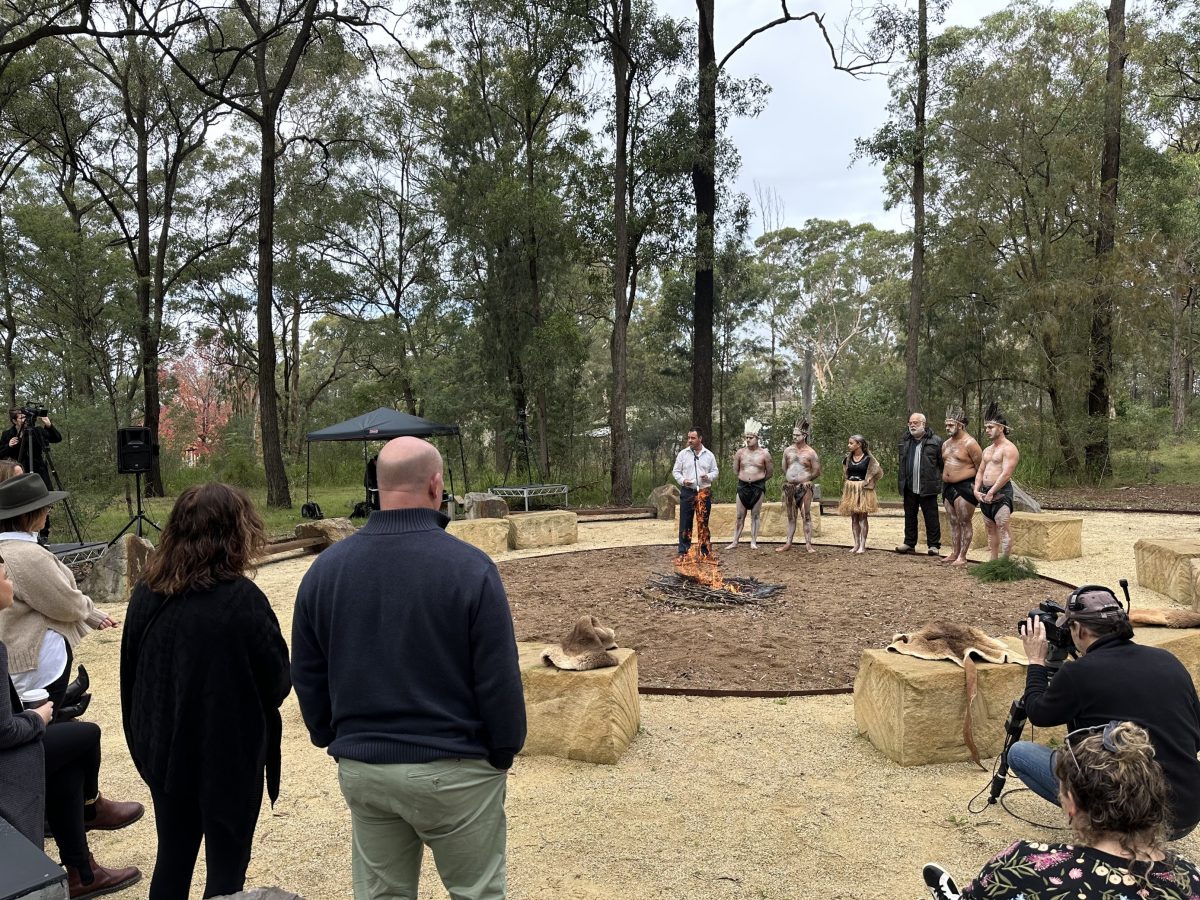
In an Australian first, TAFE NSW is giving people the confidence to perform their own Acknowledgement of Country. Photo: Supplied.
The Acknowledgement of Country is something that all Australians are now familiar with and has become a common feature of public events and presentations, but many lack the confidence to make a public acknowledgement of their own.
“Some people were actually really scared and just didn’t know where to start,” said TAFE NSW’s Aboriginal engagement manager Daniel Jack.
“I think a lot of people are worried about saying the wrong thing and offending people.”
The Gomeroi man is the architect of an online ”microskill” course that teaches people how to create and perform their own Acknowledgement of Country.
“I had my team do an audit of RAPs [Reconciliation Action Plans] across the country and over 92 per cent had specific deliverables around increasing knowledge of welcome and acknowledgement protocols,” he explained.
“So we set off to try to create a product that did just that and also gave them a toolkit that they can use with some practical processes to increase their own knowledge around Country and Aboriginal history that they can then use.”
Mainstream inclusion of these Indigenous protocols has steadily grown over the past two decades but it taps into a tradition that is thousands of years old.
Daniel believes it’s an important step in restoring the Aboriginal history that has been ignored and excluded from the national narrative.
“For me growing up, Aboriginal history was seen as something separate and as a result of that, not a lot was known about the Aboriginal side of the story,” he said.
“I think in order to achieve true reconciliation, we need to come to a point where more people are aware of history and can appreciate Aboriginal connections to Country.
“I think true reconciliation will come through processes like this where people are committing to tangible things that they can go and do that can help increase their own understanding.”
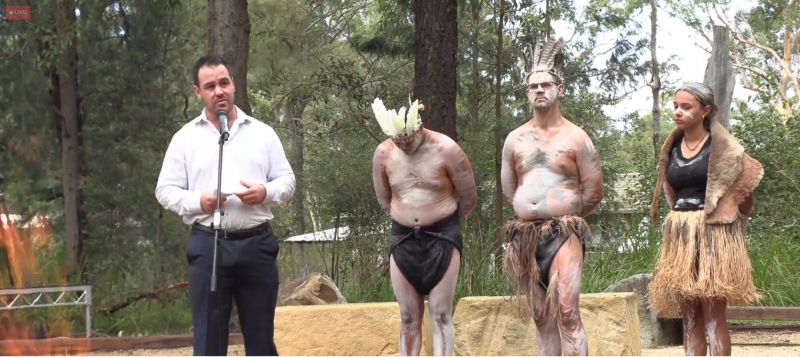
Daniel Jack (left) said the Acknowledgement of Country microskill course would empower businesses. Photo: Supplied.
Daniel explained that the course used simple analogies to explain things that people found confusing, such as the difference between a ”Welcome” and an ”Acknowledgement”.
“We explain that a person conducting a Welcome to Country is one of the local mob and usually an elder, and it’s like a person welcoming you to their own house when you go in there,” he said.
“Whereas the person who’s making the Acknowledgement is a visitor to that place and they are recognising that and it’s like they are saying, ‘I really like what you’ve done with your house’ or ‘I like the way that picture on the wall goes with the whole colour scheme’ and that sort of stuff.
“You pay respect to the place and the host based on your own observations.”
An Acknowledgement can begin with the simple step of learning the name of the traditional custodians, which Daniel said was a positive move that could lead to understanding.
“In my experience, it’s the journey that people go on when they actually have to go out and do the work themselves. That’s where true reconciliation comes from,” he said.
“I encouraged my boss to take a look at the stuff we included in the training and got him to go out and have a look at his local area, have some conversations, do some research.
“Through that process, he learned about a massacre that took place in his local area at a waterfall that he actually went to very often and he shared his own story of how that made him feel going there and imagining the people that were there before him and the laughter of children playing, and going there now, it’s just silence.
“He was horrified that he really had to dig to find this information and he’s actually committed to going out and trying to get a plaque placed at that location so that more people are aware of what took place.”
To the cynics who roll their eyes at the growing frequency of Indigenous protocols, Daniel said it offered a chance for all Australians to be part of a millennia-old story.
“This is just a small gesture to celebrate that connection to our land and to our culture and it helps keep it in the forefront of people’s minds after it was pushed to the side and off into the shadows for so long,” he said.
“The more people that are going out and sharing just a little bit about what they’ve learned, the more accessible those stories become, and it’s our stories that bring us together.”
You can learn more about TAFE’s new microskill course here.







